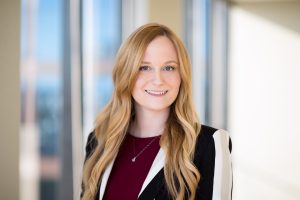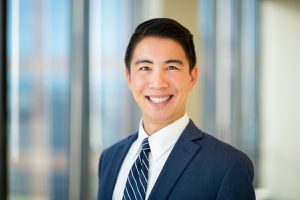Before Sotomayor, Roberts, Ginsburg, Breyer, Alito, Kagan, Gorsuch, and Kavanaugh. Appeal from the Federal Circuit on rehearing en banc.
Summary: A patent applicant appealing an adverse decision of the Patent Trial and Appeal Board (“PTAB”) under 35 U.S.C. § 145 in a civil action in District Court is not required to pay the Patent and Trademark Office’s (“PTO”) attorneys’ and paralegals’ pro rata salaries.
NantKwest filed for a patent directed to a method for treating cancer. The Examiner rejected the application, and the rejection was affirmed by the PTAB. NantKwest appealed to the District Court for the Eastern District of Virginia under § 145. The district court granted the PTO’s motion for summary judgment. The PTO then submitted a motion to recover attorney’s fees under § 145, which states that “[a]ll the expenses of the proceedings shall be paid by the applicant.” The District Court denied recovery of attorneys’ fees, finding that the statute did not clearly rebut the “American Rule,” which is a presumption that parties are responsible for their own attorneys’ fees.
In an opinion by Judge Prost, the Federal Circuit reversed. The Federal Circuit panel held that, even if the American Rule applied, “expenses” as used in § 145 included attorneys’ fees. The Federal Circuit voted sua sponte to rehear the case en banc. The en banc Federal Circuit reversed, affirming the District Court. The en banc Federal Circuit applied the American Rule to § 145 and found that the statute lacked the “specific and explicit” congressional authorization to displace the rule.
The Supreme Court unanimously affirmed the en banc Federal Circuit. The Supreme Court held that the American Rule’s presumption against fee shifting applied to all statutes, not just those which authorize fee shifting to prevailing parties. In analyzing whether Congress intended to depart from the American Rule, the Court first looked to the language of the section at issue. Further, while the absence of a specific reference to attorney’s fees is not dispositive, Congress must provide a sufficiently “specific and explicit” indication of its intent to overcome the American Rule’s presumption against fee shifting. The Supreme Court held that § 145’s references to “all” and “expenses” did not invoke attorneys’ fees with sufficient clarity to overcome the presumption. The Supreme Court also held that other statutes using both the terms “expenses” and “attorneys’ fees” indicate that Congress understood the terms to be distinct and not inclusive of one another. Lastly, the Supreme Court held that the history of the Patent Act also indicates that Congress did not intend to shift attorneys’ fees in § 145 actions. Thus, because the American Rule’s presumption against fee shifting applied to § 145 and was not overcome by the statute’s text or Congressional intent, the PTO could not recover the pro rata salaries of its legal personnel under § 145.
Editor: Paul Stewart

